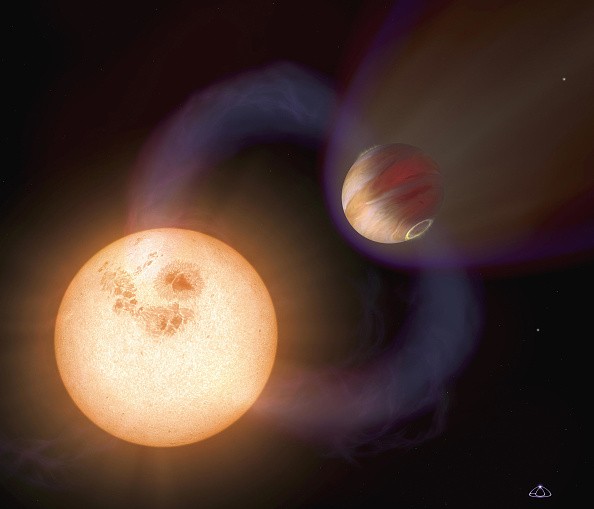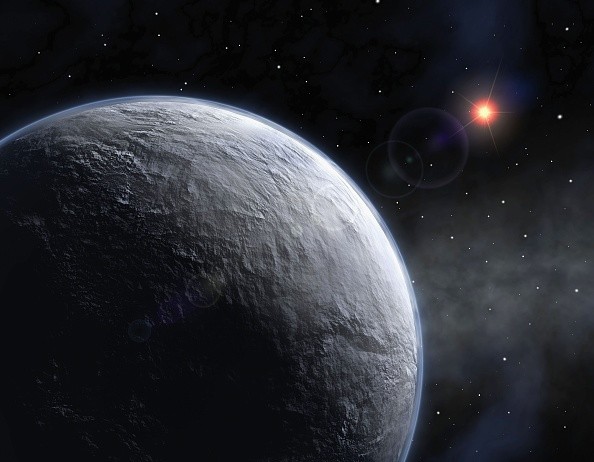Exoplanets are the worlds that are beyond the solar system, which contains the Earth. Space experts are studying these heavenly bodies to find new habitable planets that have similar characteristics to the ones that people live in today.

Elon Musk's SpaceX and other independent and international space agencies are making huge efforts to find nearby and outside planets that could sustain life, especially since Earth is suffering from rising global warming.
Although scientists explained that the expiration date of Earth is still far from reality, NASA and other companies are spending a lot of money to find a replacement as soon as possible. One of the candidates to replace Earth is Mars, which Elon Musk wants to colonize.
However, a new class of exoplanet was also discovered to have the same characteristics as Earth and other Earth-like worlds. The Cambridge researchers said that the so-called Hycean planets are covered in enough oceans and atmospheres to support life.
New Exoplanets With Boiling Oceans Could Support Life?
According to CBS News' latest report, the newly discovered Hycean exoplanets have bigger and hotter surfaces than Earth. Involved space scientists said that most of them are also 2.6 times larger.

On the other hand, these worlds' temperatures could reach up to 200 degrees Celsius (392 degrees Fahrenheit).
Although it seems like these heavenly bodies are unlikely to support life, CNN World reported that their boiling oceans are necessary to produce enough hydrogen, which is one of the most important elements of a habitable planet.
Since Hycean planets have larger surfaces, these boiling oceans produce enough hydrogen to be dispersed on most parts of these new worlds.
"Essentially, when we've been looking for these various molecular signatures, we have been focusing on planets similar to Earth, which is a reasonable place to start," said Nikku Madhusudhan, the leading expert of the new study.
In other news, Hubble Space Telescope takes breathtaking photos of Nebulae. On the other hand, the new Chinese Death Star-like spacecraft could be in development.
Why Hycean Discovery is Important
The Cambridge experts said that the new study is essential since Hycean planets are usually not the main focus. NASA and other space institutes are mostly focusing on studying super-Earths.
Thanks to the new study, the Hycean worlds are now added to the habitable exoplanet classes. However, this is still a concept until humans are actually transported in these heavenly bodies.
For more news updates about Hyceans and other new exoplanets, always keep your tabs open here at TechTimes.
Related Article : SpaceX Falcon 9 Rocket Test-Fires After Two Months of Hiatus-Ahead of Cargo Resupply Mission
This article is owned by TechTimes
Written by: Griffin Davis

![Apple Watch Series 10 [GPS 42mm]](https://d.techtimes.com/en/full/453899/apple-watch-series-10-gps-42mm.jpg?w=184&h=103&f=9fb3c2ea2db928c663d1d2eadbcb3e52)


